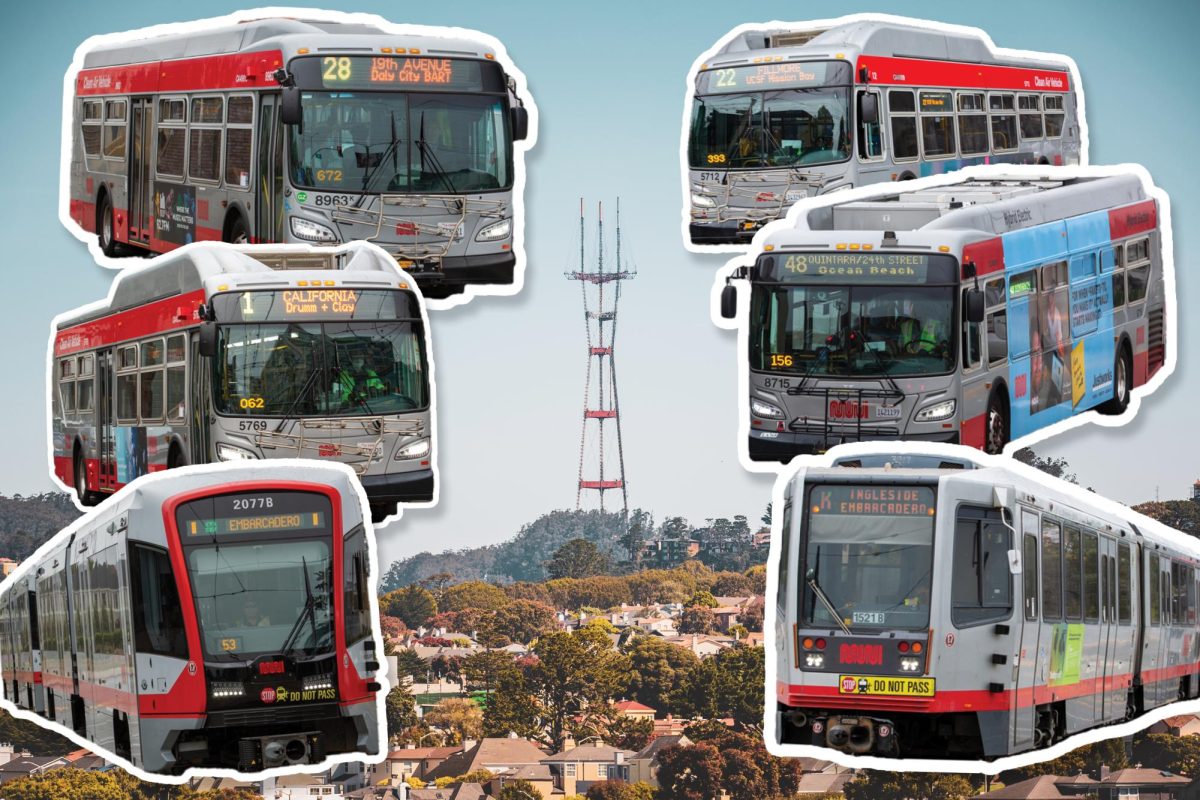Mexico, the haven for spring breakers everywhere, is known for its beaches, low legal drinking age and the numerous travel warnings the U.S. placed against it. It makes sense because in Mexico, people can’t step foot outside without being shot by a ruthless member of a drug cartel, right?
Not exactly.
The numbers may seem scary, with 10,031 people reported dead as a result of the drug war as of 2009 — 2,550 alone in the rocky state of Chihuahua where Ciudad Juarez, Mexico’s murder capital, is located. When one considers the specifics of the issue, it is obvious that the U.S. is depicting Mexico as a nation that can’t control its citizens.
This is the quintessential example of the effects of racism and fear mongering. During the drug cartels’ years of freedom prior to ascension of President Felipe Calderon Hinojosa in 2006, the U.S. sold a number of guns to Mexico. Twelve percent of traceable guns are being used by the drug cartels.
It’s embarrassing that the U.S. has the gall to deem Mexico the only one responsible for this war considering its shady weapon sales.
That aside, the U.S. is the largest market for illicit drugs in the world.
Still, politicians prey on the Mexican drug war to propel racist anti-immigration legislation by citing violence and calling immigrants, as republican Gov. Jan Brewer of Arizona said, “drug mules.”
This misunderstanding of the complexities of the war in Mexico has generated unfounded hatred that is dissolving a beneficial alliance with Mexico.
Discussion on the issue doesn’t even extend beyond the border states, except when tourist-laden cities are involved, at which point Mexico is depicted as anti-American, rife with violent cartel leaders willing to kill to make a political statement.
Mexico is marginalized as the U.S. ignores its diverse political landscape by portraying the entire nation as a trashy tourist trap that doesn’t extend more than a few miles away from the border.
When examining the numbers of Acapulco and Cancun, however, the numbers significantly dwindle: Quintana Roo, the state where Cancun is located, reported just 62 deaths since 2007, and 786 deaths have been reported in Guerrero.
The hysteria is growing greater despite ever-dropping numbers, including zero tourist-related deaths in cities with high American travel in 2010; still, Acapulco and Cancun are experiencing a 7.1 percent decrease in their economies in 2011 so far.
However, Mexico is still baring the brunt of the blame, even as the country took a risk to dismantle the cartels in order to protect its people.
Perhaps the U.S. should stop hiding its role in the war, stop its weak attempt to grab the reins and confess to the blood on its hands.






